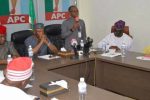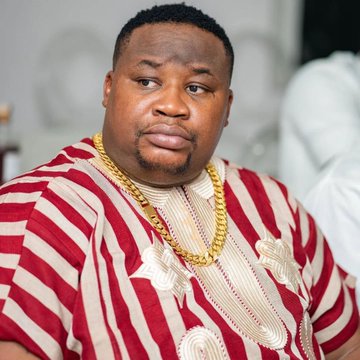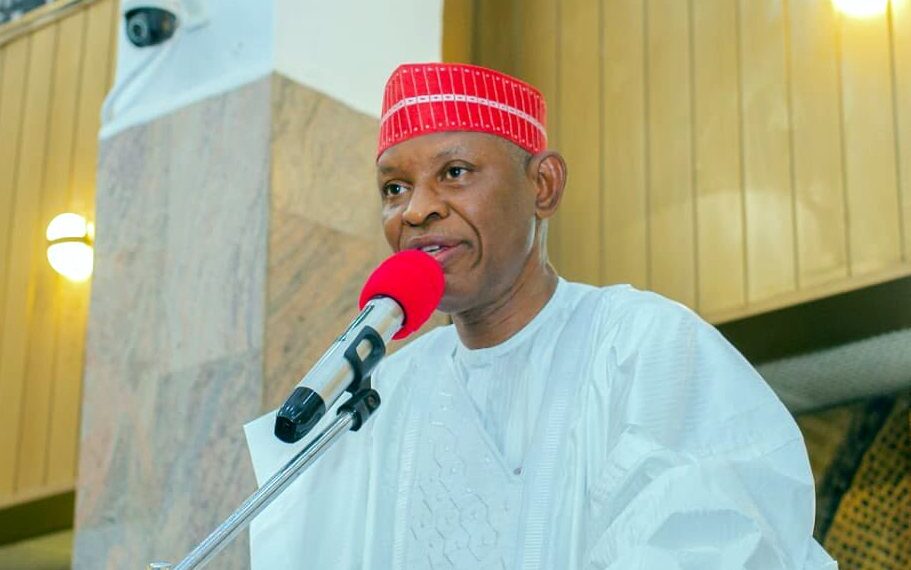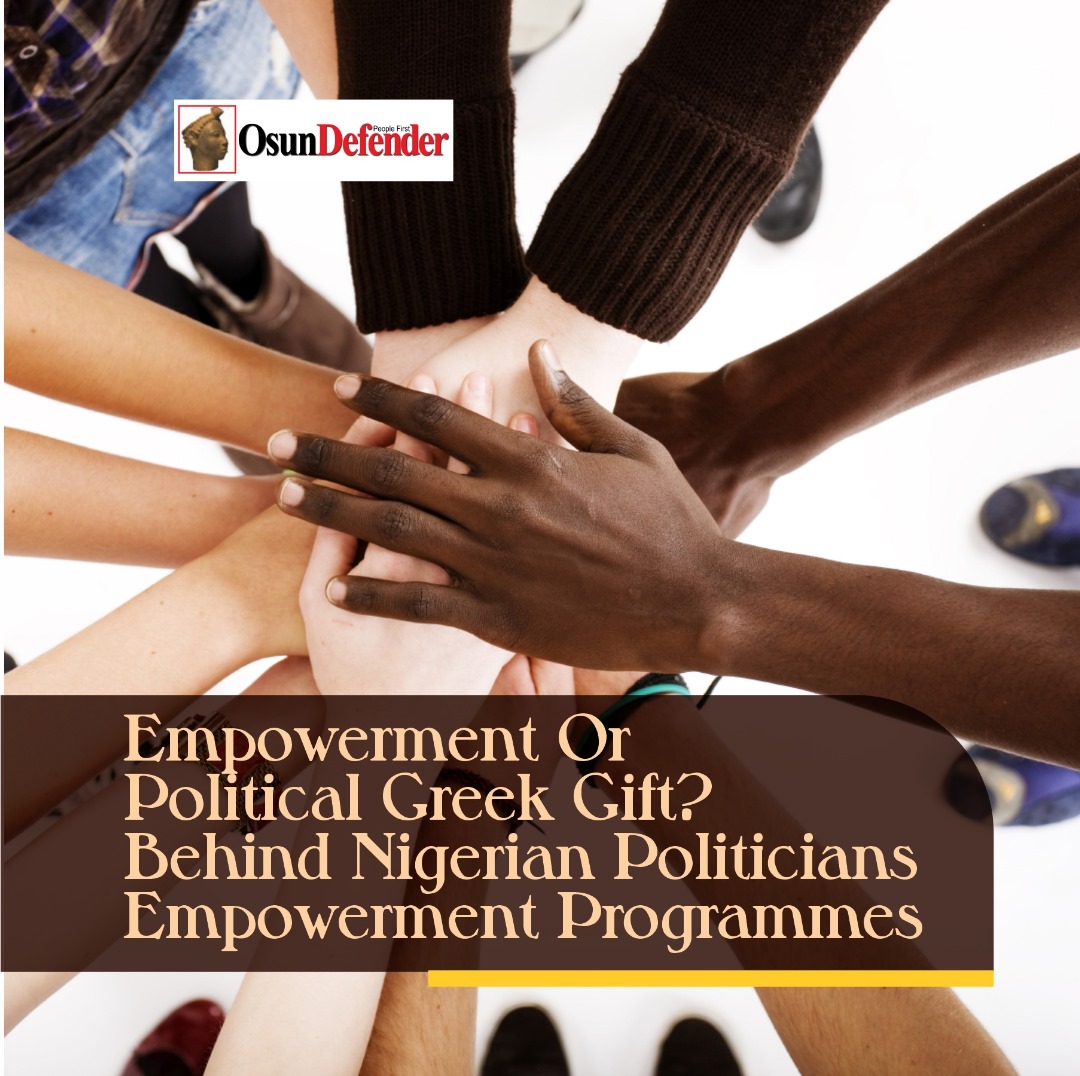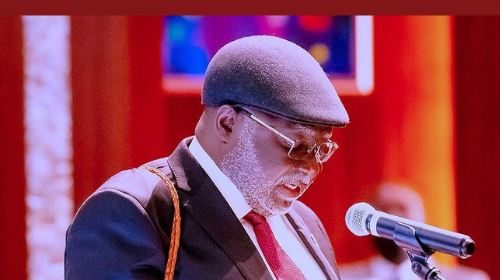Dissecting Danjuma’s Message, By Dele Agekameh
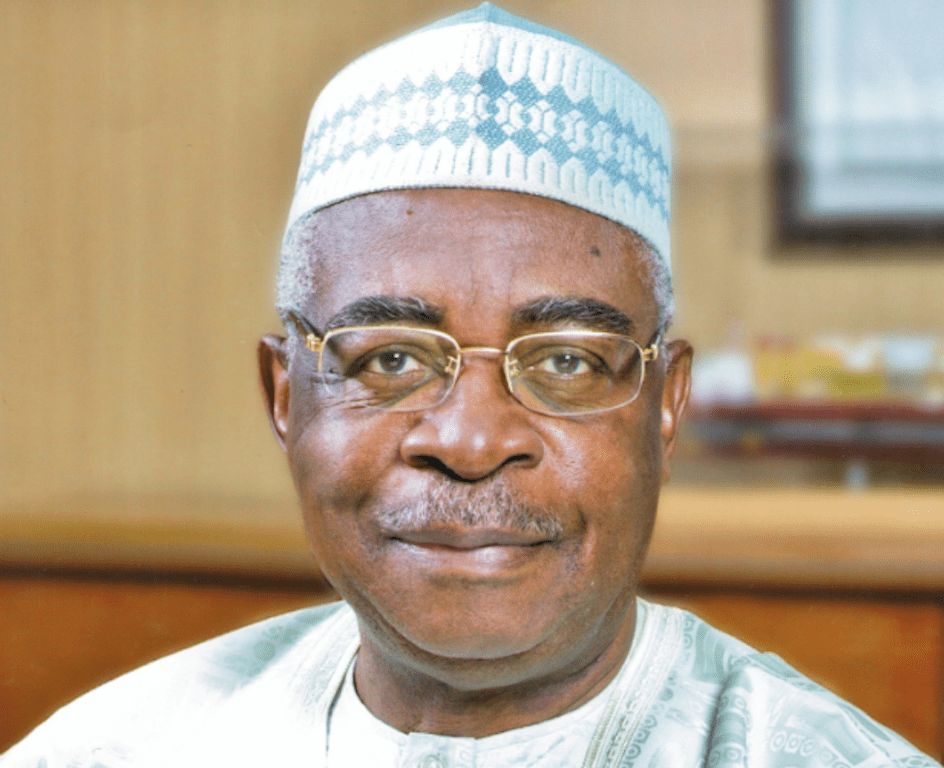

Like Hermes, the messenger god of Greek mythology, revered statesman and philantropist, General Theophilus Yakubu Danjuma (rtd.), recently delivered a crucial message to the people of his native Taraba and the wider country. His message was clear and unambiguous as he declared that the Nigerian Army has been compromised in the increased spate of killings by Fulani herdsmen around the country.
Before Danjuma made his statement during a speech at the convocation ceremony of Taraba State University, Jalingo, on March 24, 2018, the question of connivance of the army in the herdsmen rampage was already swirling around. His indictment of the army however drew wide attention because he is not known to be so vocal about public matters, even though he can be considered as one of the “gods” of present day Nigeria. Adding to his “god” status is his military pedigree which cannot be dismissed in the aftermath of his damning declaration.
General T.Y. Danjuma served as chief of army staff under former President Olusegun Obasanjo during his first outing as military head of state in 1979. Years later, he returned as minister of defence under the same Obasanjo in 1999, during the first term of the latter’s civilian engagement as the commander-in-chief. Even before these appointments, he had been involved in the discipline of army officers both at home and abroad, serving as the president of a tribunal presiding over an International Court Martial of members of a failed coup attempt in Trinidad and Tobago in 1970. He was appointed as chairman of the investigative committee on the Warri conflict in 2003 and as chairman of the Presidential Advisory Council in Goodluck Jonathan’s government in 2010.
Beyond his military career, the philanthropic retired general is known to be his own man and has excelled in business. Importantly, he has proven to be a staunch advocate of the rule of law, and is known to have avidly opposed Obasanjo’s third term attempt in 2006, despite their history together. Therefore, the damning statement of a man of Danjuma’s pedigree against the military should have called for sober reflection, instead of condemnation. The country ought to take it very seriously. And from all indications, his words are indeed having the appropriate effect, as the army and other concerned authorities have scrambled to defend this indictment. Also, state governors in the most affected parts of the country have received renewed resolve to battle the menace of the herdsmen, which sometimes seems like a struggle against the federal government itself.
Like many problems before, Nigerians are viewing this from partisan, ethnic or religious angles. Since he made his statement, Danjuma has been accused of propagating religious division, with references being made to a statement released by a group known as the National Christian Elders Forum (NCEF), of which Danjuma is a member.
The fact is that, Danjuma, as a military insider, will likely have access to information that the rest of us do not have. Furthermore, his utterance shows the frustration of a man who may have been moved to the brink having witnessed and understood the hopelessness of a compromised military. Considering that the higher implication of his words touches the very office of the commander-in-chief of the Armed Forces presents further evidence that they are well meant, even at the danger of crossing swords with the number one citizen. It is also likely that Danjuma has used his military contacts and influence to ascertain why more is not being done to stem the rampage of the herdsmen. What we heard in that speech may be the conclusion of his very privileged findings.
Considering that this is not the first allegation of the lack of neutrality against the Nigerian military in recent times, one begins to wonder whether there is indeed truth to the claims. The recent abduction of schoolgirls in Dapchi raised similar concerns, which were explained away by the ever ready public relations machine of the military and the government. In Nigeria, where the military is basically an appendage of the executive arm of government, any aspersion on the military goes straight to Aso Rock as well. This is why we need more people like Danjuma who can stare down the powers that be in Aso Rock and call a spade a spade. Had this been an ordinary citizen making such a public indictment, he/she would likely be in DSS detention somewhere by now.
Like many problems before, Nigerians are viewing this from partisan, ethnic or religious angles. Since he made his statement, Danjuma has been accused of propagating religious division, with references being made to a statement released by a group known as the National Christian Elders Forum (NCEF), of which Danjuma is a member. Late last year, the group raised fears about a Fulani jihad after the herdsmen increased attacks on farming settlements all over the country. The insinuation is that his latest remarks are tainted by that view. The real question is, does it matter? He has directed a damning accusation at the military hierarchy, with words that have no religious connotations by any stretch of the imagination. Instead of concentrating on this indictment, some want to divert attention to chronically controversial areas that will leave the real issues behind.
For many years, our security agencies have been used as tools to propagate the unholy agendas of politicians and powerful private citizens. There is a prevailing lack of discipline in this regard, majorly because security appointments and promotions have been politicised, often to the detriment of general security. It is true that military performance has not satisfied the wider majority of Nigerians since the appointment and the elongation of tenure (more than once) of the current military chiefs.
…at this point, everything is political, whether intended or not. With elections getting closer by the day, any event, utterance or action that causes the slightest ripple in national consciousness has political consequences. One cannot speak to the mind or intention of the esteemed General Danjuma, but it is safe to say that there are accompanying political consequences to his statement.
In other climes, the military chiefs, in a period such as this, would have been relieved of their command to shake up the military and foster better performance and handling of the plethora of security concerns that threaten the federation. This also goes for the police force. The continued engagement of security chiefs in their various roles is at least a vote of confidence by the government, a vote that the general public does not share.
Also, at this point, everything is political, whether intended or not. With elections getting closer by the day, any event, utterance or action that causes the slightest ripple in national consciousness has political consequences. One cannot speak to the mind or intention of the esteemed General Danjuma, but it is safe to say that there are accompanying political consequences to his statement. Like retired Generals Ibrahim Babangida and Olusegun Obasanjo before him, Danjuma may have inadvertently passed a vote of no confidence on the Buhari government, thereby adding yet another nail in the would-be coffin of this administration.
For all we know, the herdsmen rampage itself could be a political act, and in the wildest imagination, a military assisted positioning in preparation for a break or make election. Also, because Babangida, Obasanjo and Danjuma have been known to be associated with the leading opposition party, the People’s Democratic Party, their respective statements directly or indirectly condemning the Buhari government can be viewed through partisan lenses. Even as Obasanjo has declared himself ‘neutral’, it is well known that the leader of the ruling party is a long-term political opponent of his. Torn between these many what ifs, and maybes, the electorate has its hands full in making a leadership decision going forward.
When the ‘gods’ do not agree, there are always dire consequences for the ordinary people. If people of Danjuma’s status are feeling the strain of government inaction and pointing fingers at the military, one is sure that things are not right somewhere. Like they say, there is no smoke without fire, and the fire of the issue of insecurity seems to be burning at the highest levels of government. The implications for the common man are exactly what Danjuma has told Nigerians – we need to protect ourselves. The statement goes beyond the issue of carrying arms against herdsmen, which is indeed the interpretation of a lot of people. The statement stretches right to the ballot box on Election Day in 2019.


